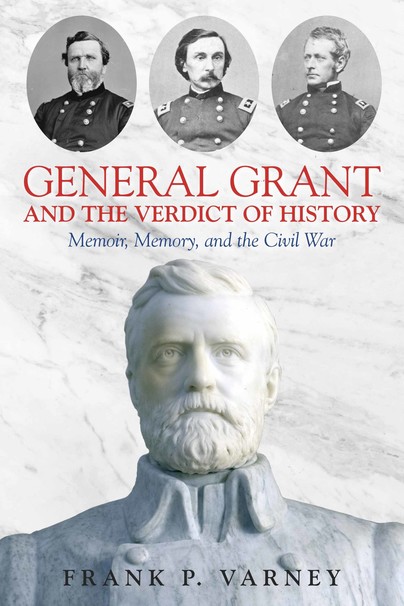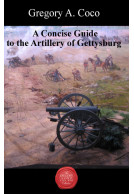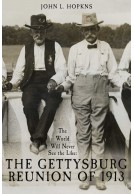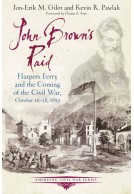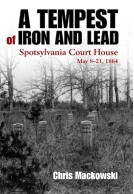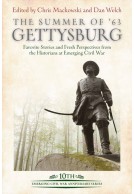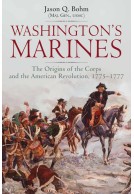General Grant and the Verdict of History (Hardback)
Memoir, Memory, and the Civil War
Imprint: Savas Beatie
Pages: 288
Illustrations: 12 images, 7 maps
ISBN: 9781611215533
Published: 15th May 2023
Pages: 288
Illustrations: 12 images, 7 maps
ISBN: 9781611215533
Published: 15th May 2023
You'll be £25.99 closer to your next £10.00 credit when you purchase General Grant and the Verdict of History. What's this?
+£4.99 UK Delivery or free UK delivery if order is over £40
(click here for international delivery rates)
Need a currency converter? Check XE.com for live rates
(click here for international delivery rates)
Need a currency converter? Check XE.com for live rates
General Ulysses S. Grant is best remembered today as a war-winning general, and he certainly deserves credit for his efforts on behalf of the Union. But has he received too much credit at the expense of other men? Have others who fought the war with him suffered unfairly at his hands? In General Grant and the Verdict of History: Memoir, Memory, and the Civil War, Professor Frank P. Varney examines Grant’s relationship with three noted Civil War generals: the brash and uncompromising “Fighting Joe” Hooker; George H. Thomas, the stellar commander who earned the sobriquet “Rock of Chickamauga”; and Gouverneur Kemble Warren, who served honorably and well in every major action of the Army of the Potomac before being relieved less than two weeks before Appomattox, and after he had played a prominent part in the major Union victory at Five Forks.In his earlier book General Grant and the Rewriting of History, Dr. Varney studied the tempestuous relationship between Grant and Union General William S. Rosecrans. During the war, Rosecrans was considered by many of his contemporaries to be on a par with Grant himself; today, he is largely forgotten. Rosecrans’s star dimmed, argues Varney, because Grant orchestrated the effort. In General Grant and the Verdict of History, Varney continues his study of Grant and that his memoirs have heavily shaped how the war is remembered (and written about) today.Unbeknownst to most students of the war, Grant used his official reports, interviews with the press, and his memoirs to influence how future generations would remember the war and his part in it. Aided greatly by his two terms as president, by the clarity and eloquence of his memoirs, and in particular by the dramatic backdrop against which those memoirs were written, our historical memory has been influenced to a degree greater than many realize. It is beyond time to return to the original sources—the letters and journals and reports and memoirs of other witnesses and the transcripts of courts-martial—to examine Grant’s story from a fresh perspective. The results are enlightening, and more than a little disturbing.
Customers who bought this title also bought...
Other titles in Savas Beatie...







